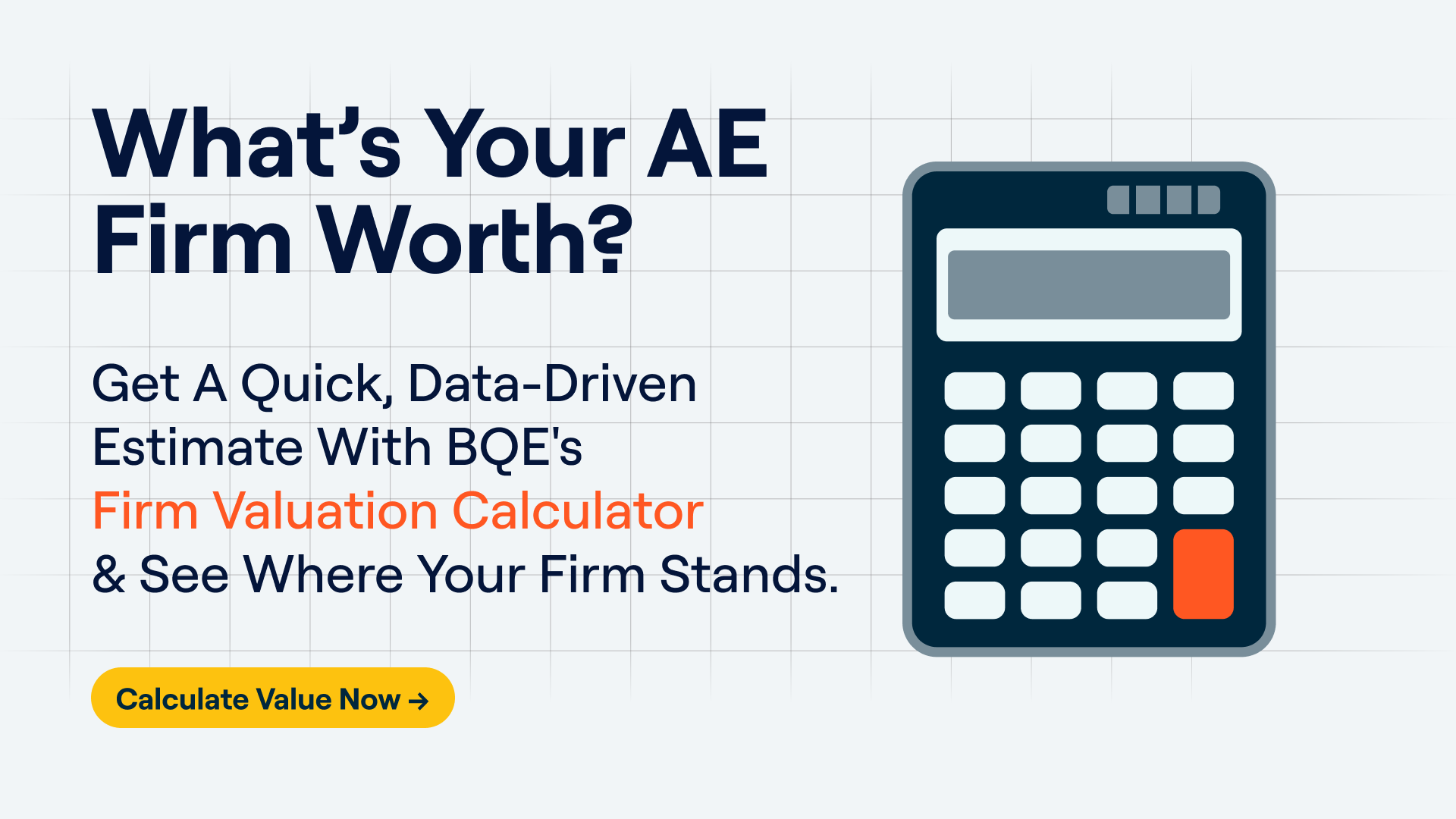In a previous article, we discussed several ways accounting firms can prepare for succession, either through selling to another firm, buyouts from other partners, and other options. Accounting firms can also play a critical role in helping their small business clients when it’s time for them to sell.
According to a recent report published by Microsoft, the average business owner is just over 50 years old. Over the next 10-20 years, it’s fair to assume that most will be considering whether to sell their businesses, pass them on to family members, or simply shut them down and sell their assets. Baby Boomers are still hitting retirement age and rapidly seeking retirement. Savvy accounting professionals who offer business valuation services realize that price multiples can decrease, which can jeopardize the retirement potential of such business owners.
This is potentially a large cross-section of your clients, and across multiple industries. But the best business transitions come from being well-prepared for sale, which can result in a much higher valuation and sales price.
So, how do you get there?
First, you need to ensure that they realize:
-
“Someday,” or retirement, or selling or transitioning their business, is coming sooner rather than later
-
They may overestimate the value of their business when they are dreaming of how much they will sell it for
They also need to understand that your firm, provided someone on your staff has business valuation expertise, can help them sell for the highest price when the time comes.
Aligning client expectations with reality is critical, since the offer a business owner receives will be based on market competition, as well as cash flow, growth opportunities, and the overall condition of the business when it is put on the market. Having this discussion is key to helping business owners identify the value gap, which is the difference between what they likely expect or need the business to be worth, and what it is actually worth now.
Determining the size of this gap and getting a client to understand and respect it is key to getting them to take the necessary steps to increase actual value. The risk tied to the business’s general condition, growth, and cash flow can influence this gap in a major way, and valuation professionals can play a key role in clarifying these risks for clients.
To determine the value gap, valuation professionals often pose 15 general assessment questions that are focused on business risks that can significantly affect value. Answers to these questions can help clarify the full status of the business, including risks that can be mitigated, as well as areas for improvement that can realistically be made prior to the sale of the business.
Here are some questions you can ask to begin a dialogue about risk assessment.
General Operations and Management
-
Does the business have a succession plan?
-
Has the business created a documented and appropriate business plan?
-
Has the business developed a marketing plan?
-
Has management conducted a SWOT (strengths, weaknesses, opportunities, threats) analysis or risk assessment?
-
Has the business established an independent board, or is it instead comprised of friends or family?
-
Does the business have a business development plan and budget, and does it track it?
-
What is the status of business debt? Have loans been reviewed for possibly better financial arrangements?
-
Does the business have shareholder buy-sell agreements? If so, do they have an impact on the evaluation of the business?
Business Financials
-
Are there formal budgeting and forecasting processes?
-
How recently have the books been audited or at least overseen by an external accountant?
-
How is cash flow, and what cyclical or seasonal issues have major impacts on it?
-
Does the business have appropriate financial controls in place?
-
How does the business compare with local, regional, and national competitors?
-
Has appropriate benchmarking been performed?
-
How healthy is the business’s supply chain?
-
Are there outstanding labor issues or concerns specific to their industry?
- Has a firm valuation been conducted recently?
If the business is already a client of your firm, many of these questions should already be known, but any remaining questions are the beginning of a lengthy client discussion that will help determine business-specific risks.
